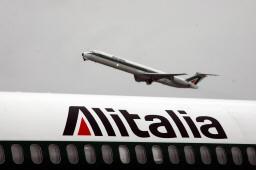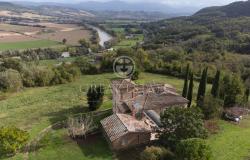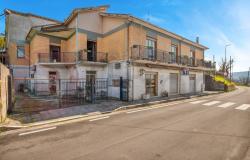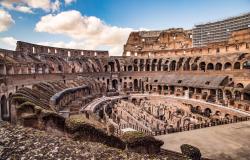Alitalia confirmed on Wednesday that Rome's Leonardo da Vinci International Airport at Fiumicino will be the new private carrier's main hub.
Management at the former state airline said Fiumicino would be at the center of a six-point ''star-shaped'' organizational model for the carrier.
Alitalia CEO Rocco Sabelli told the press that the carrier will negotiate a new services accord with the airport's management company, Aeroporti di Roma (AdR), which is expected to go into effect next year and involve 100 million euros in investments.
The accord will give the 'new' Alitalia - which in December absorbed the flight operations of the 'old' carrier along with those former private rival Air One and the budget airline Volare - total possession of Terminal A for its flights and those of its partners in the international SkyTeam alliance, which include Air France-KLM and Delta of the United States.
Terminal A, which until now has just handled domestic flights, will be expanded in the future to handle the increased traffic and until then Alitalia and its partners will have access to gates in neighboring Terminal B, which currently handles continental flights.
Terminal C is currently used for most international flights.
In order to compete with the new high-speed rail link between Rome and Milan, AdR will install for Alitalia more 'fingers', covered gangways for direct on/off access, and make other changes to speed up service between the two cities.
Before its flight division was privatised, Alitalia operated out of two hubs, Fiumicino and Malpensa airport in Milan.
This system is believed to have contributed to driving the public carrier into bankruptcy and was also at the center of a heated north-south political debate which cut across party lines.
Rome Mayor Gianni Alemanno, of the conservative People of Freedom party, hailed the decision to make Fiumicino Alitalia's hub as ''a victory for Rome and all of Italy,'' while the governor of the region of Lazio, Piero Marrazzo of the center-left Democratic Party, said it was ''a victory for the market and common sense''.
Malpensa's biggest support was the devolutionist Northern League, a member of the current conservative government coalition.










